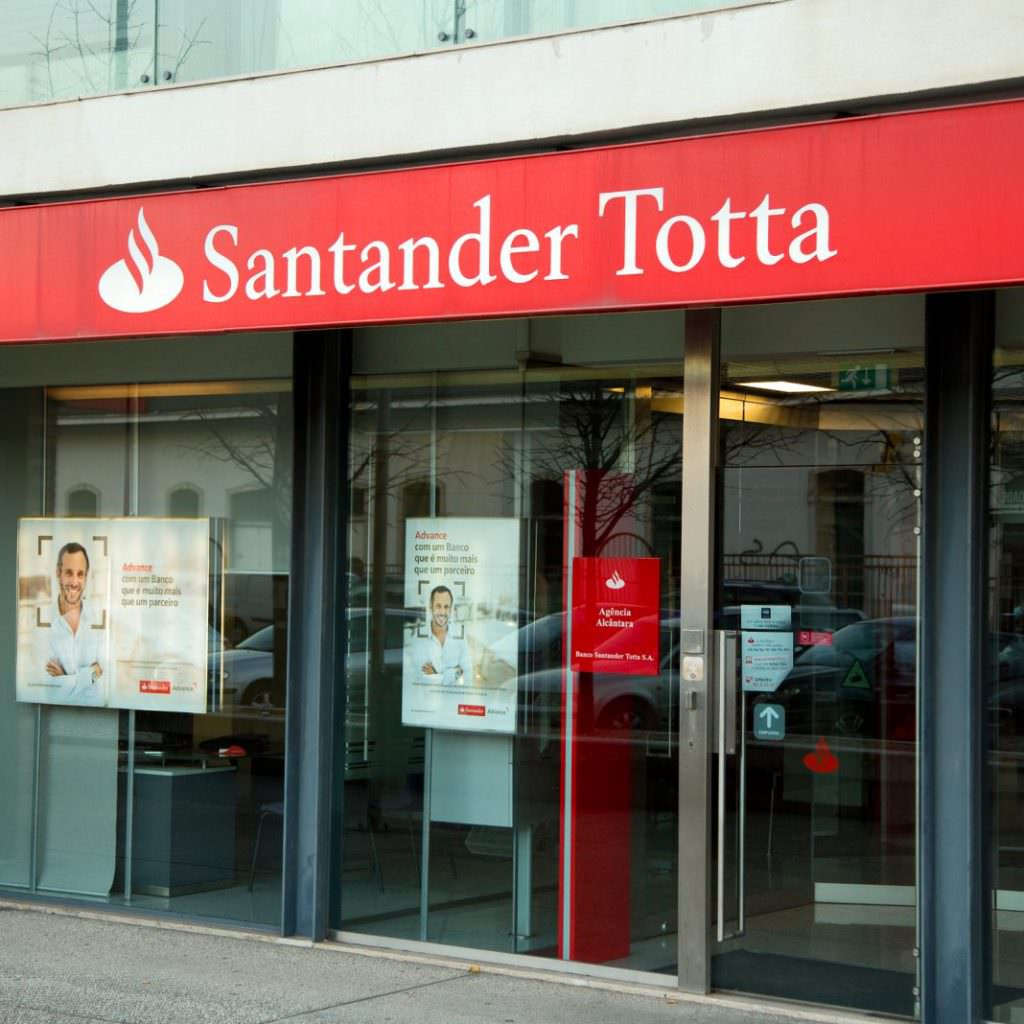
From Israel to Australia, commercial banks in various parts of the world have tried preventing people from entering the cryptocurrency market by blocking money transfers to bitcoin exchanges. Now the largest consumer association in Portugal has called out a local bank for trying to do the same.
Also Read: U.S. Rating Agency to Issue Bitcoin and Cryptocurrency Grades Wednesday
Banco Santander Totta
 DECO, the Portuguese Association for Consumer Protection, has came out against the actions of Banco Santander Totta S.A., the fourth largest bank in Portugal. This happened following reports by Portuguese clients of the bank that it is blocking interbank transfers to accounts related to bitcoin exchanges. The association has confirmed that the bank is acting in this manner as a policy, despite not having any known legal basis to support its actions.
DECO, the Portuguese Association for Consumer Protection, has came out against the actions of Banco Santander Totta S.A., the fourth largest bank in Portugal. This happened following reports by Portuguese clients of the bank that it is blocking interbank transfers to accounts related to bitcoin exchanges. The association has confirmed that the bank is acting in this manner as a policy, despite not having any known legal basis to support its actions.
Founded in 1974, DECO is an independent non-profit association with charity status. It is the largest consumer association in Portugal and has been afforded the status of ‘public utility’. Hopefully its position will help clients make Santander Totta reverse its policy towards transfers to bitcoin exchanges.
Banco de Portugal
 After trying to make a transfer from Santander Totta to a Coinbase bank account in Estonia and getting rejected, a DECO associate asked the bank for the reason it blocked the transaction. After initially avoiding the question, the bank finally answered that the operation was not allowed because it related to a “virtual currency that is not regulated.”
After trying to make a transfer from Santander Totta to a Coinbase bank account in Estonia and getting rejected, a DECO associate asked the bank for the reason it blocked the transaction. After initially avoiding the question, the bank finally answered that the operation was not allowed because it related to a “virtual currency that is not regulated.”
The consumer association has determined this action has no legal support basis in Portuguese or European Union laws.
The Portuguese central bank, Banco de Portugal, said that there is no regulatory framework established in the country for virtual currency exchange platforms and its supervisory activity does not include actions related to this specific operational reality, essentially meaning that the central bank hasn’t issued any guidelines instructing banks not to approve money transfers to accounts of bitcoin exchanges. Additionally, at least one other Portuguese commercial bank, Novo Banco, commented to DECO that it has no current restrictions in place to inhibit these operations.
Should any banks be allowed to decide on their own that they are blocking transfers to bitcoin exchanges? Tell us what you think in the comments section below.
Images courtesy of Shutterstock.
Do you like to research and read about Bitcoin technology? Check out Bitcoin.com’s Wiki page for an in-depth look at Bitcoin’s innovative technology and interesting history.
